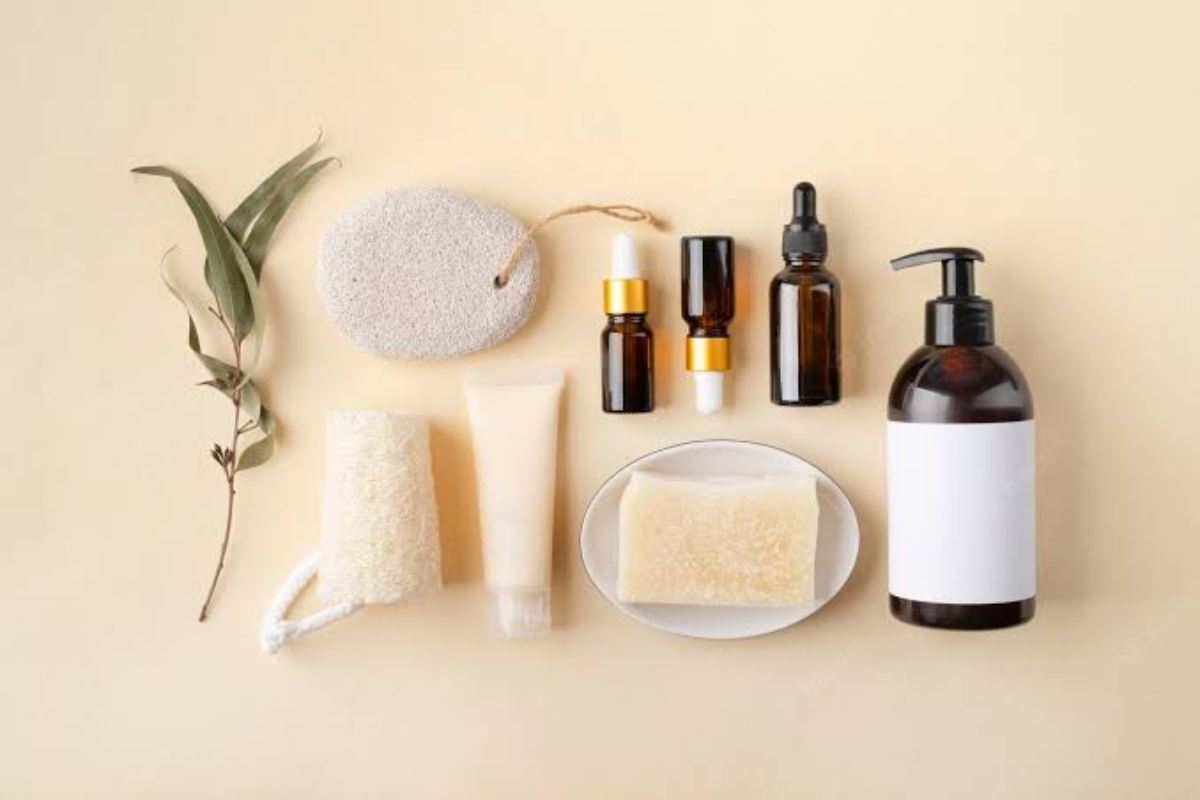It’s important to take care of your skin so that it can remain healthy and vibrant as you age. Younger individuals have stronger collagen and elastin production, which contribute to the elasticity and firmness of the skin, but this production declines as we get older.
Because of this decline, it’s important to use the right skincare products for you.
Table of Contents
Basics of Skincare Needs
When developing a skincare regimen and choosing products, you have to first know the basics.
Hydrate
Skin that is hydrated has a plump, vibrant look to it and is resilient to skin conditions like wrinkles and fine lines. The top layer of the skin needs a lot of moisture to remain hydrated, which is why a good moisturizer is important.
Cleanse
A basic cleanser is needed to rid your skin of pollutants and bacteria without stripping the skin.
Protect
Antioxidants and fatty acids can keep skin vibrant and protect it from weather conditions.
Treat
The products you choose must address any needs you may have, whether that be acne treatment or anti-aging.
Tips for Choosing Skincare Products
Below are a few tips to help you choose a skincare product that is going to benefit your skin.
Figure out Your Needs
Why are you looking for a skincare routine? Is it because of persistent acne that you can’t get rid of, or do you want to reduce the appearance of any fine lines you may have? Once you pin down your skincare needs, you can choose products that can address them.
Look for These Ingredients
In skincare products, there are certain ingredients you want to look for.
- Glycerin: This ingredient is a humectant, meaning it can help retain moisture in the skin. It pulls water and moisture from the deeper layers of the skin into the outer and traps it.
- Hyaluronic Acid and Ceramides: Both are moisturizers.
- Vitamin C: An antioxidant, vitamin C can stimulate the production of collagen in the skin and reverse sun damage. Look for the L-Ascorbic acid form of vitamin C.
- Retinol: Retinol helps the skin stimulate collagen production and increase the replacement of cells.
- Niacinamide (Vitamin B3): Hydrates the skin and helps control the presence of oil.
Avoid These Ingredients
Alternatively, there are ingredients you don’t want in your skincare products.
- Fragrance: While added scents can make the products smell very pleasant, they can cause allergies and irritation, especially to those with sensitive skin.
- Parabens: The purpose of this ingredient is to act as a preservative, but instead, it can disrupt hormonal balance.
- Sulfates: Often found in body washes and shampoos, sulfates can strip the skin of natural oil, drying it out.
- Formaldehyde: A known carcinogen, formaldehyde still appears in some products. The interactions of certain chemicals and ingredients can also produce formaldehyde.
Look Beyond the Packaging
It’s easy to just choose a packaged product that you’re familiar with because it’s been plastered all over TV and online ads, but that doesn’t mean it’s going to work for your skin. Do your research into the product to ensure it’s safe and includes ingredients that you can trust.
Patch Test
Before trying out a skincare product, perform a small patch test before. Instead of taking a chance and applying a large amount to your skin, apply a small to a small patch of skin; you can visit a beauty store for a sample of the product you have in mind. This will tell you if the product is going to clog your pores or cause irritation.
Skin Health Test
Sometimes, your hormones are the root cause of skin conditions. By measuring the hormone levels in your body with a skin health test, you can figure out the cause of blemishes and excess oil and develop a skincare routine around it.
Choosing the right skincare products doesn’t have to be hard. As long as you follow these tips, you’ll find the product that’s perfect for you.

